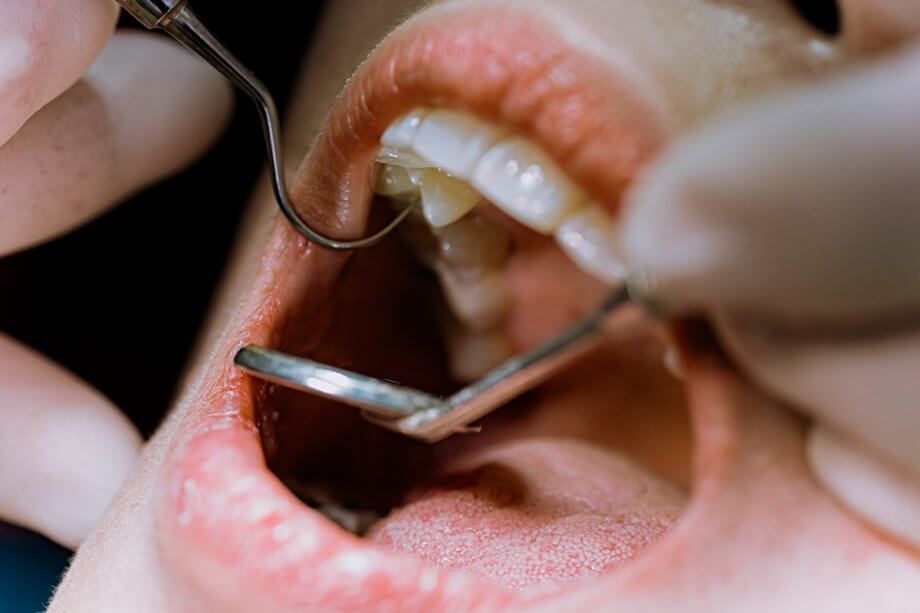A root canal is a useful dental procedure that relieves discomfort, treats infection, and preserves natural teeth from extraction. While root canals sometimes need to be repeated in case of a recurring infection, a tooth with a root canal, filling, and crown may last upward of 20 years.
About Root Canals
Root canals are a common endodontic procedure. The tooth's pulp may be compromised by decay or breakage, leading to an interior infection. A tooth needing a root canal has begun to die inside due to pulp damage. Without a root canal, the infection could progress to other teeth or parts of the body, causing symptoms of illness and potential tooth loss.
The Root Canal Procedure
Before your dentist begins your procedure, you will receive local anesthesia. Some patients also opt for sedation if they feel uneasy about the procedure.
The initial step in a root canal is making a small opening in the tooth's crown. The dentist drills into the crown, removing damaged pulp and sterilizing the area. The dentist then cleans the root canals with tiny files, shaping and cleaning the interior surfaces to make a future infection less likely.
After the tooth is clean and sanitized, the dentist introduces a biocompatible filling material called gutta-percha. This substance seals out food and saliva.
After sealing the tooth, the dentist applies a filling or crown to create a permanent restoration.
Helping Your Root Canal Last Longer
Placing a dental crown is the best way to preserve your tooth after getting a root canal. After the procedure, a crown protects the treated tooth and performs better than a filling.
Practice excellent oral hygiene, brushing, and flossing as your dentist recommends. You must also see your dentist regularly for professional cleaning to ensure your crown or filling is in good shape.
Frequently Asked Questions About Root Canals
What are the signs that I may need a root canal?
If you have any of these symptoms, call your dentist as soon as possible for treatment:
- Severe toothache that worsens when chewing or biting down
- Strong sensitivity to heat or cold that persists when the food or beverage is gone
- Swollen gums
- Pimple-like swellings on the gums (abscesses)
- Discolored tooth
- Loose tooth
- Fever, chills, and other symptoms of an infection
Are root canals painful?
In the past, root canals had a reputation for being uncomfortable. Today, root canals cause no more trouble for most patients than getting a large filling. The root canal will relieve the pain you feel due to the infection, and you will feel much better afterward.
Call Total Dental Care
If you believe you need a root canal, or if a tooth that had a root canal in the past has begun to hurt again, please call our Germantown, MD, office as soon as possible. You can reach us at 240-813-9111 or through our website.

